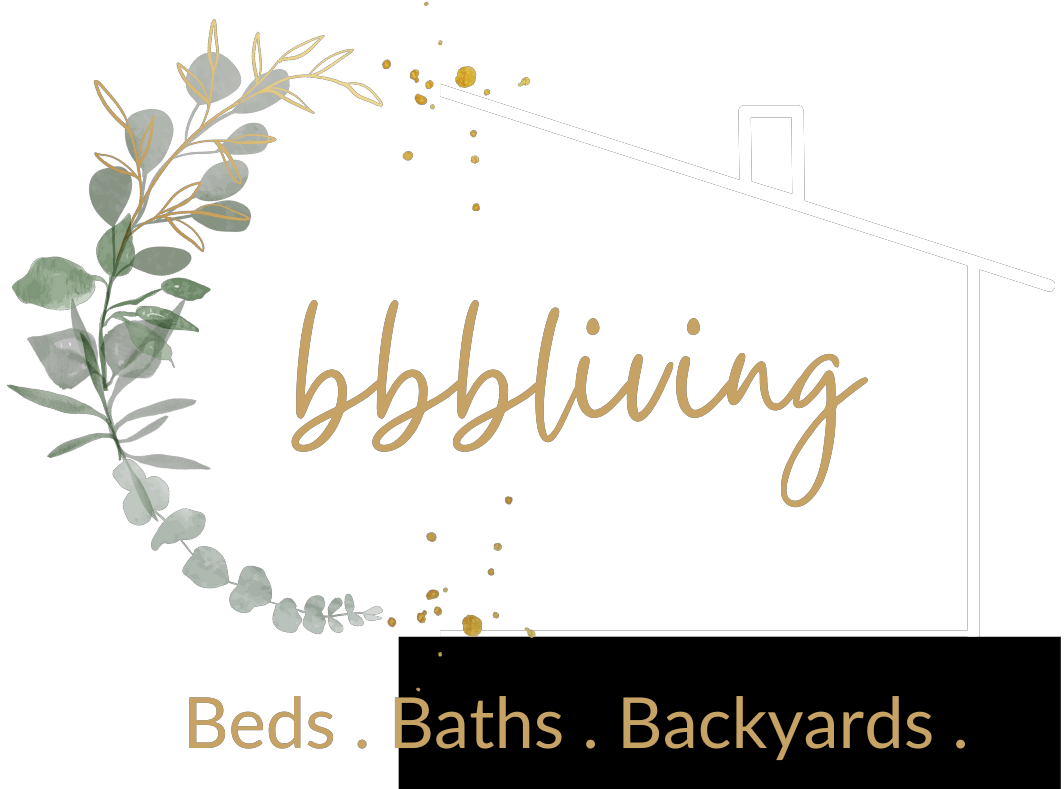Are you a new homeowner looking to take on some DIY projects but feeling overwhelmed by the vast amount of information available online? Don’t worry, we’ve got you covered! In this post, we’ll be sharing our top tips and tricks for home DIY beginners to ensure that your projects are successful and stress-free. From choosing the right tools to planning your project timeline, read on for everything you need to know before getting started on your next home improvement endeavor.
What You Need to Know Before You Start
Home DIY can be a great way to save money on repairs and improvements, but it’s not always as simple as it looks. Before you start your next project, here are a few things you should know:
- Don’t just jump into a project without any planning. Take the time to figure out what you want to do, how much it will cost, and what materials you need. This will help you avoid any surprises along the way.
- Not every home improvement project is easy. If you’re not sure how to do something, take the time to research it before you get started. There are plenty of resources available online and in libraries that can help you learn what you need to know. Remember, it is wise to acknowledge your limitations. If it is a difficult project like conservatory roof replacement for example, you may want to call in experts instead of attempting to do it yourself. This way, you can get things done without having to jeopardize your safety.
- Keep in mind, having the right tools for the job is essential for any home DIY project. Make sure you have everything you need before you start so you don’t have to stop in the middle of your work. For instance, if you are embarking on a woodworking project, ensure you have a comprehensive set of woodworking tools and equipment, including saws, chisels, a tape measure, sandpaper, clamps, safety goggles, and a sturdy workbench. However, you might miss some of the most essential equipments required for your woodworking project. Hence, remember to research online and check out blogs from Saw Sensei Woodworking or similar websites to gather tips, tricks, and expert advice on selecting the perfect woodworking tools. Similarly, if you are starting a home gardening project, ensure you have the essential tools and equipment required for successful gardening.
- When you’re following instructions for a home improvement project, make sure you read them carefully and understand them completely before getting started. Skipping steps or doing things out of order can often lead to problems down the road.
There’s no shame in admitting that you need help with a home DIY project. If you’re stuck or just not sure what to do next, don’t be afraid to ask for help from a friend or professional. It’s better to get it right the first time than to have to redo it later. Home DIY projects can be rewarding, but they can also be complicated and time-consuming.
The Tools You Will Need
Assuming you have a basic toolkit, here are some additional tools you will need for home DIY projects:
- A power drill is useful for making holes and driving in screws. A cordless drill is even more convenient, although not always necessary.
- A screwdriver is required for screws, but can also be used to pry things open or loosen tight knots.
- A box of different nails can be used for various projects. There are tacks, finishing nails, panel pins, flooring nails, and Copper Slating Nails among others, all of which are used to take on different projects, fixes, and repairs.
- A hammer is handy for nails and can also be used as a makeshift wrench.
- A saw is necessary for cutting wood, although there are many different types depending on the project you’re working on.
- A measuring tape ensures that your cuts are precise and your holes are evenly spaced.
- Leveling tools help you make sure everything is straight and level, which is especially important in hanging shelves or framing walls.
- Finally, protective gear like gloves, goggles, and earplugs should be worn when using power tools or working with chemicals.
Tips for a Successful Project
Assuming you have a general understanding of the project you’re undertaking, here are some tips for a successful outcome:
- Before starting any work, create a detailed plan including a timeline, budget, and list of materials. This will help keep you focused and on track.
- If possible, consult with a professional beforehand to get their input and advice. In case you are doing any electrical project, ensure to follow all safety guidelines and regulations, and have a licensed electrician inspect your work for compliance and safety that includes conducting fixed wire testing, insulation resistance tests, and verifying proper grounding, before finalizing the project. Similarly, if you are embarking on a home DIY project to remodel your kitchen, it is essential to consult with a kitchen designer or contractor, before proceeding. Their input and advice can help you plan the layout, choose suitable materials, and ensure your project aligns with building codes and safety standards.
- Assemble all the tools and materials you need before beginning work. This will save you time and frustration later on.
- Work methodically and systematically, taking care of each step. Rushing or cutting corners will likely lead to mistakes.
- Be prepared for bumps in the road – things rarely go perfectly according to plan. Expecting and being able to adapt to the unexpected will help keep your stress levels down.
- Document your progress along the way with photos or videos. This can be helpful for reference later or for sharing your experience with others.
Choosing the Right Materials
When it comes to home improvement projects, the quality of your materials will have a direct impact on the results. If you’re planning a DIY project, it’s important to choose the right materials for the job. Here are some things to keep in mind:
- The type of material you need will depend on the project you’re undertaking. Make sure you know what you need before heading to the store.
- Pay attention to reviews and ratings when choosing materials. This can give you an idea of what others have experienced with a particular product.
- Compare prices between different stores before making a purchase. You may be able to find better deals online or at discount stores.
- Don’t be afraid to ask for help when choosing materials. The staff at your local home improvement store can usually offer guidance and advice.
DIY projects can be a great way to improve your home, learn some new skills, and save money. Whether you’re tackling something small like painting a room or taking on an ambitious project like putting in a new kitchen, the tips we presented here should help give you more confidence in your endeavors.
If you keep safety first and make sure to set realistic goals, then there’s no reason why your DIY project won’t be successful! Best of luck with all your future projects!


